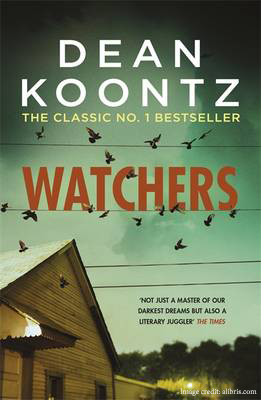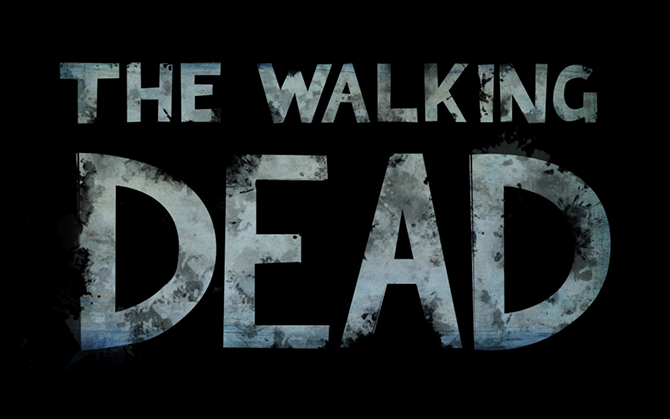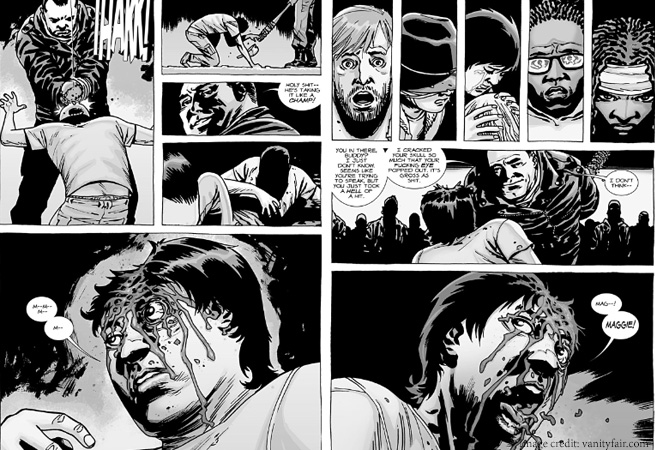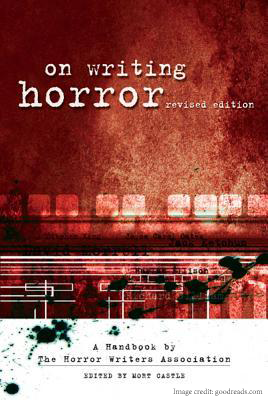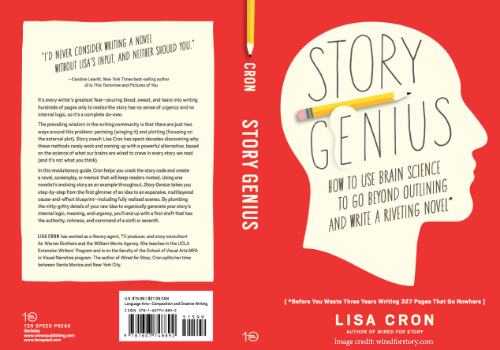Resources for Horror Writers: How to Spook ’em Right
You know that abandoned house at the end of your block? You know the one. It sits in shadows even on the brightest of days. Birds don’t even land in the yard, have you noticed? I’d tell you the key to a kickass horror novel is hidden in its depths, but that would be cruel and it might get you killed.

There are a lot of resources for horror writers that aren’t located in the bowels of a haunted house, you’ll be happy to know. Let me lay out a few. And if you want to go hunting for the key later, well, that’s not my problem.
Just beware the thing that lives under the stairs, okay?
Stephen King & the like
He wouldn’t like you showing up at his house begging for info, but lucky for you, you don’t have to leave your home to benefit from his expertise. The best resources for horror writers are horror novels. Not just King’s novels, either. There are a ton of freaking excellent scary stories out there. If you want to write horror, you need to read it. Good thing? You don’t have to stick to horror novels to learn how to write scary stuff. Terror abounds in many different genres and I would recommend reading widely to find out how different authors scare their readers.
Here are some recommended reads:
It by Stephen King
This novel is great for learning how to make readers care about your characters. It’s also a masterclass in tension-building.
Watchers by Dean Koontz
There’s a particular scene in this book that freaked me out so much when I read it at 15 that I couldn’t sit in front of our plate glass window at night for months after I read the book.
The Haunting of Hill House by Shirley Jackson
This is a great look at tension-building and using setting to build-up the scare. The Lottery is another great story by Ms. Jackson.
Throne of Glass series by Sarah J. Maas
This is classified as YA fantasy, but Ms. Maas has some great, tension-filled moments in her books as well as interesting, well-developed characters and scenes that kept me reading long into the morning hours.
The Sunne in Splendour by Sharon Kay Penman
This is a historical novel, not horror, but it had me on the edge of my seat at times and cringing in horror at others. You’d do well to read thrillers, romance novels, historical novels and more so you can see how writers dial up the tension in their novels. Good romance writers, for instance, know how to turn up the heat. They know how to make you care about their characters. Thriller writers know how to keep you turning pages long after you should be asleep. Horror writers can learn a lot from genres other than horror.
Horror Movies & Shows
Horror writing can be difficult. How do you ratchet up the tension? How do you scare someone who is safe in their bed at home? How do you make your reader care enough about your characters to be scared when the monster threatens their life? Watching horror movies can help your writing. Watch the movie with a writer’s eye. Analyze what the director chooses to show about the character. Ask yourself why they chose that particular shot, this particular detail. If there’s a scene that creeps you out, ask yourself why it scares you. Movies rely on visual clues and musical cues to up the terror factor of their stories. How can you add both sight and sound in your novel to add to the terror of your scenes? Check these out:
The Walking Dead
Aside from the obvious horror of the show—hello, zombies—they do a good job of creating characters to care about. If you watch TWD, you’ve probably noticed that the show uses flashbacks to give us more information about the characters. It works hard to make us care about the people fighting the zombies so that when someone dies, we feel it because we know them.
Nightmare on Elm Street
Ah, Freddy. He likes playing with his victims, doesn’t he? He teases them, taunts them, turning up the terror until the poor character is a puddle of fear. When you watch it, consider how the characters are introduced, how they become someone you identify with, what it feels like when they end up dead. Use what you learn in your writing.
Signs
Here’s a good movie to study. I thought it did a great job of upping the tension. What’s outside? What’s happening around the earth? Dear lord, what the hell was that thing that went past the window? Until the end, I thought it was an excellent horror movie. The monster reveal ruined it for me. The monster was a letdown after all the buildup. Even movies you don’t like can help you improve your writing. If you hated the ending of Signs, for instance, what would you have done differently to make the end live up to the buildup?
Dawn of the Dead
You may be thinking I like zombies. I do. I admit it. I love Dawn of the Dead because of the fast zombies and because it made me yell at the screen for the characters to, “RUN!” There’s a lot of action in the movie. Analyze it to see how the director paired action with moments of quiet to ratchet up the tension.
Comic books
I’m not a comic book reader. Okay, I’ve read all the Walking Dead comics, but that’s about it except for Wonder Woman. A fellow writer swears by reading comic books to help her write action scenes. There’s something about being able to study the characters’ movements panel by panel that helps her to put those actions into words. Try it. It might help you, too!
Books about writing
I’m going to recommend you read writing books for all genres. Read the writing books for thriller writers, for mystery writers, for romance writers. That being said, there are a few writing books I will recommend to get you started.
On Writing by Stephen King. Duh.
You’ll learn a lot about King and about writing. It’s a win-win!
On Writing Horror: A Handbook by the Horror Writers Association
You’ll hear from some of the greatest horror writers of our time and beyond in this book. Good stuff.
Danse Macabre by Stephen King
This one is a great study in horror writing. You’ll get a successful horror writer’s take on what makes horror horrifying and terror terrifying.
Story Genius by Lisa Cron
This one isn’t genre specific but it’s a fantastic look at what makes stories stick with us. Horror is all about emotion and so is this must-read writer’s guide.
Conclusion
The best writing resource is always going to be your imagination, first and foremost. The second-best resource is the one that inspires you to write and teaches you something about your craft. Read outside your genre as well as in it. Learn to analyze the books you read, the movies you watch, the comics you thumb through. Practice. Write a lot. Dig down into what scares you and then share that with your reader.
Know some great horror resources? Share them! I always love to learn more about my craft.
You may also like:
The Basic Guide to Self-Publishing Books
Writing Process Explained for Non-Writers


